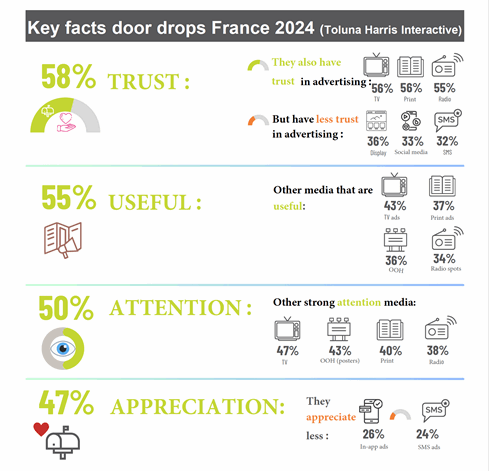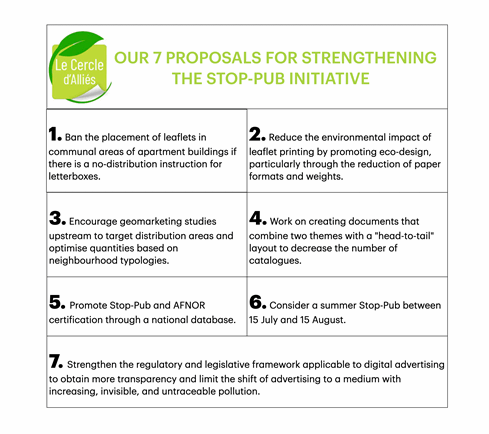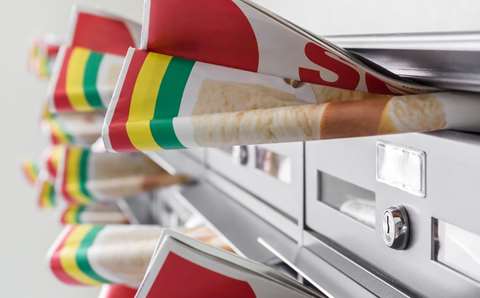"The Oui Pub experiment is part of the Citizens' Convention set up by the President of France," Dubin explained. "It aims to test an opt-in system for door drops across 14 territories until 30 April 2025."
The initiative evaluates three key indicators: paper waste reduction, a life cycle analysis comparing digital and print media, and socio-economic impacts on local businesses. While paper collection has decreased as expected, the socio-economic consequences are concerning.
"According to our data, 75% of shops reported negative impacts on sales due to Oui Pub changes. Additionally, 80% experienced a decline in foot traffic, with 46% seeing sales drop between 10-20%," Dubin revealed. These figures highlight the crucial role printed leaflets play in driving consumer engagement and supporting local economies.
The role of Le Cercle d'Alliés
In response to these challenges, Le Cercle d'Alliés was formed in March 2024 as an informal coalition of stakeholders connected to the paper and print industry. "We have everyone from foresters to recyclers, paper manufacturers to printers, all united in this cause," Dubin explained. "Our mission is to educate consumers about the value of print while informing policymakers about its importance for local businesses."
Le Cercle D'alliés draws on Toluna Harris Interactive barometers, conducted by Pub Audit, which clearly illustrate the vital role that printed advertising plays for both physical retailers and consumers. For businesses, printed materials are essential for showcasing their offerings and attracting customers, while consumers rely on these advertisements to stay informed and protect their purchasing power.
Le Cercle d'Alliés, which was initiated by Pub Audit, has been actively engaged in various initiatives. They have conducted political outreach, meeting with parliamentary representatives, government officials, and local authorities to discuss the implications of Oui Pub. The group has also been involved in media actions, coordinating with publications like LSA and broadcast media such as BFM and TF1 to share insights on the future of print advertising.







